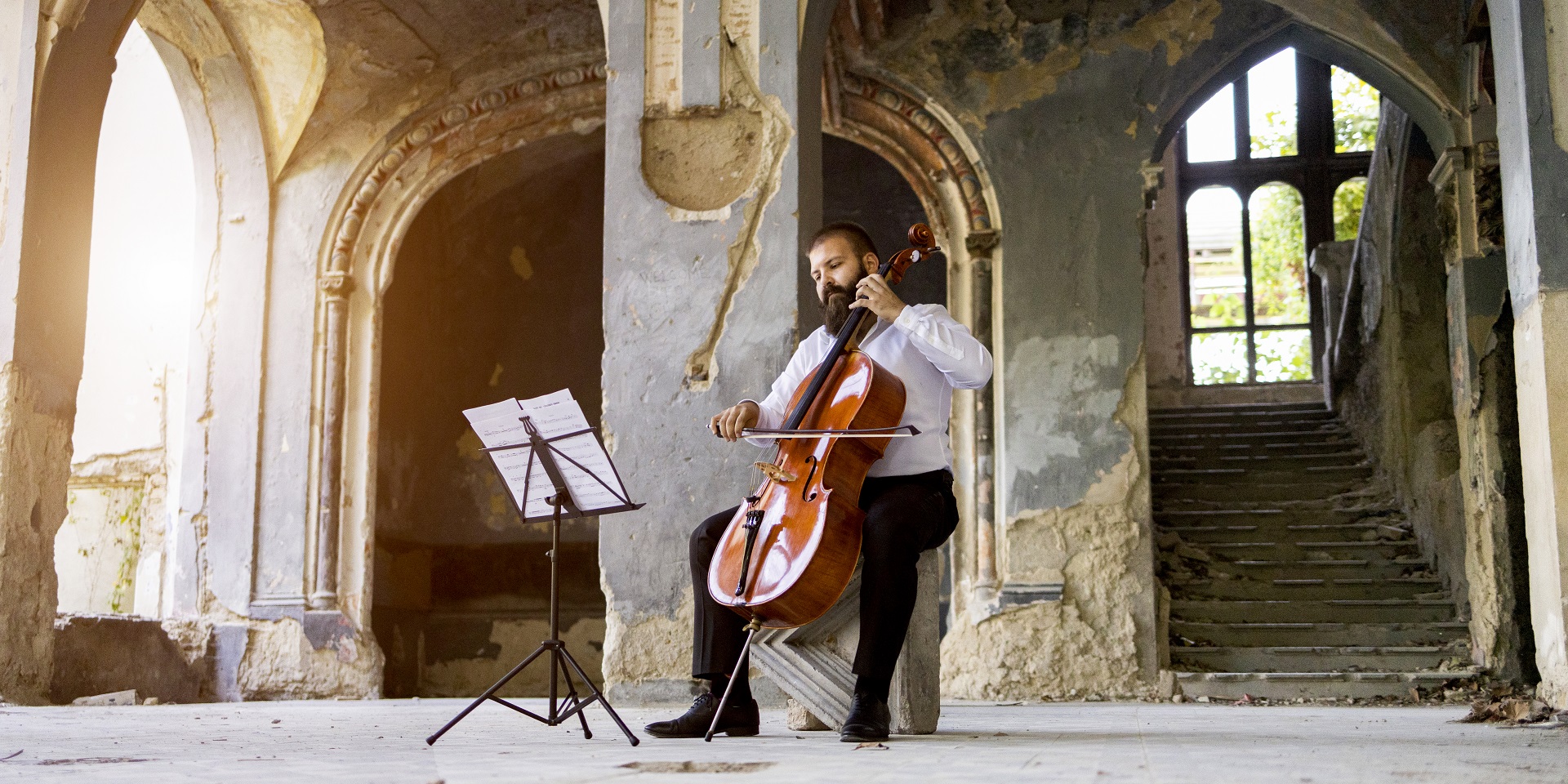Free time is the slice of life that an appropriate will and motivation learn to transform into experiences that make our life better, more beautiful, more balanced, and more pleasant to remember.
Most of us cannot talk about caviar as though we eat it so often that the moment is completely lost in the routine. Most of us don’t know what it’s like to shop so frequently that, at some point, the experience loses any trace of exceptionality.
Although we may, in an attempt to explore the unknown, draw parallels with other experiences that were inaccessible in the past and completely accessible in the present, the exercise will never seem satisfactory. After all, anything that is partially inaccessible has a mysterious air, which ignites us, and the promise of a gratification that we can only dream about.
In secret, we probably indulge in fantasies in which the inaccessible obeys us. In the presence of others, however, we speak of it with a good measure of preconceptions about the vanity, extravagance, or preciousness of exclusivity. In the end, we simply cannot discern how much of what we imagine about certain things or experiences would remain part of our assessment if those things or experiences became common in our lives. Rationalism fails to solve a problem in the same way experience does. That is why we live a good part of our lives through imagination.
Most of us talk about free time in the same way we talk about exclusive products or services.
Hence the special nature of living our free time in our perceptions—although we all have it, it still seems like an exclusive experience. We live every day with the conviction that we are being robbed, and this fatality demobilizes us so much that we voluntarily give up any initiative to order our lives.
We abandon our days to the will of fate, like students who never grin and bear it, contenting themselves with justifying others’ good results by all sorts of conspiracy theories. In reality, the essence of a free time debate lies in a completely unexpected place—in the power of motivation and will.
Free time is not the time of demobilization, of procrastination, but it is the slice of life that an appropriate will and motivation learn to transform into experiences that make our life better, more beautiful, more balanced, and more pleasant to remember.
Free time is identified, created, managed, and filled with meaning. Daily. We can have more free time than we realize, without having someone give it to us. Free time is saved, invested, reinvested, and spent wisely. It is a resource—and it is no coincidence that what you have just read sounds like a statement from a financial education course. Fortunately, as more of us become aware of the need for financial education, I think we have begun to understand the main problem with resources: it’s not the lack thereof, but the lack of knowledge to use them and the lack of willingness or motivation to learn.
Norel Iacob is the editor-in-chief of the Signs of the Times Romania and ST Network.




















